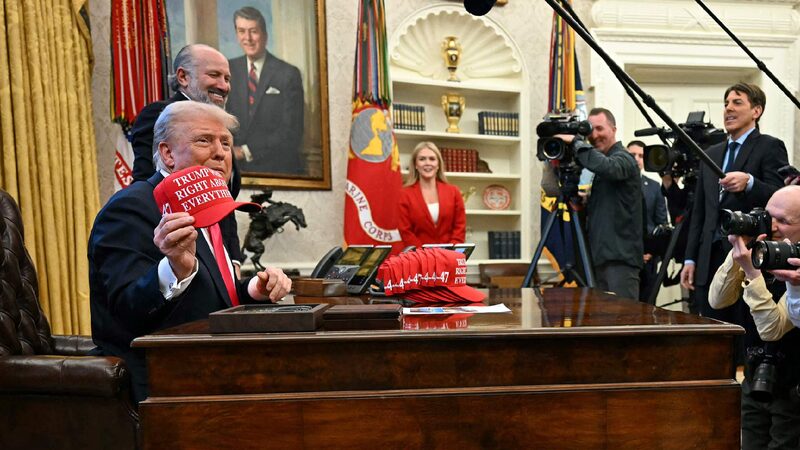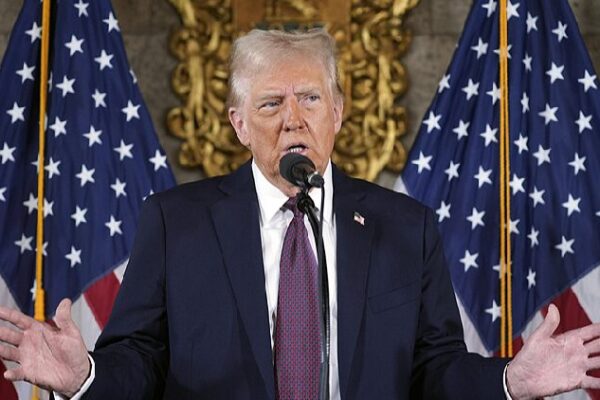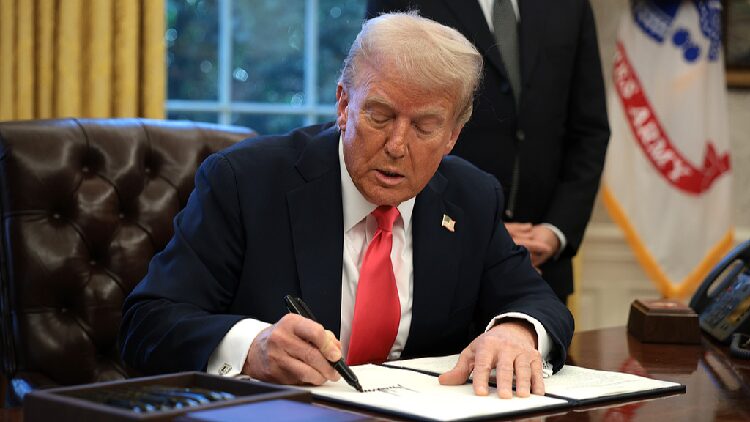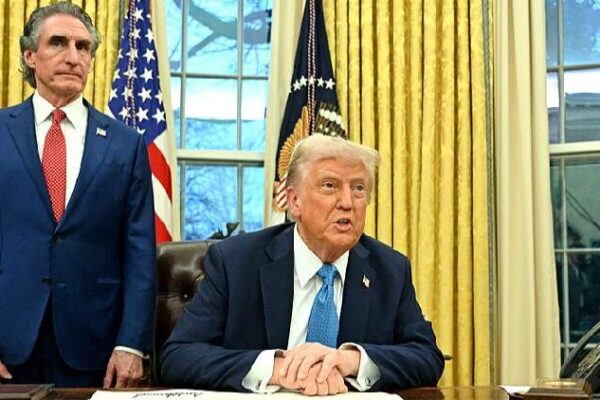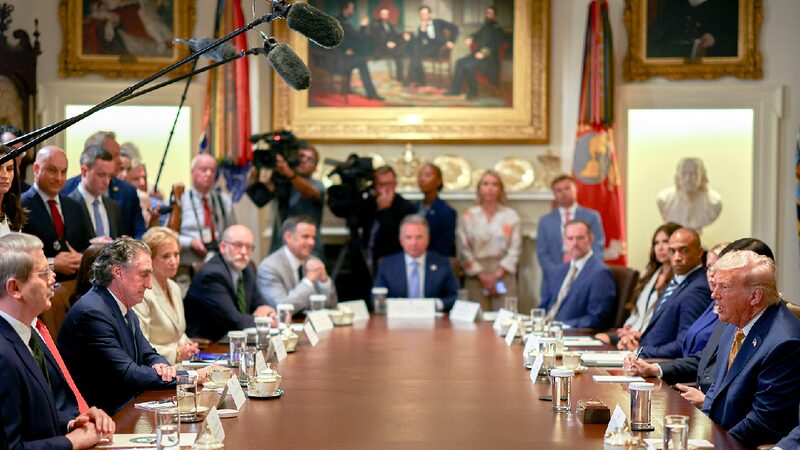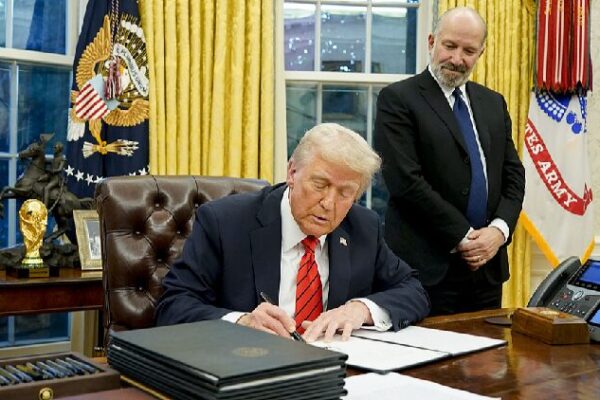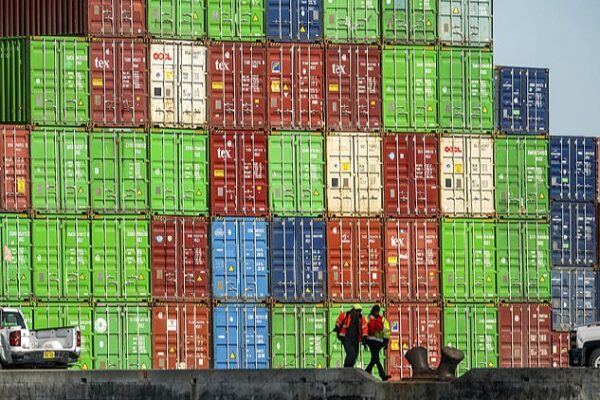Trade tensions escalated on Tuesday as U.S. President Donald Trump’s new tariffs on imports from Mexico and Canada went into effect, alongside increased duties on Chinese goods. The move has prompted immediate backlash from some of America’s key trading partners.
Trump’s administration imposed a 25 percent tariff on imports from Mexico and Canada, and doubled tariffs on Chinese goods to 20 percent. These measures, which could disrupt nearly $2.2 trillion in annual U.S. trade, took effect at 12:01 a.m. EST.
In response, China announced it will impose additional tariffs on certain U.S. imports starting March 10, along with new export restrictions for designated U.S. entities. An additional 15 percent tariff will be applied to imported U.S. chicken, wheat, corn, and cotton, according to a statement from the Customs Tariff Commission of the State Council.
Canadian Prime Minister Justin Trudeau declared that Canada would respond with immediate 25 percent tariffs on 30 billion Canadian dollars (approximately $20.7 billion USD) worth of U.S. imports. He also indicated that an additional 125 billion Canadian dollars ($86.2 billion USD) in tariffs could follow if Trump’s measures remain in place beyond 21 days. Targeted U.S. products include beer, wine, bourbon, home appliances, and Florida orange juice.
“Tariffs will disrupt an incredibly successful trading relationship,” Trudeau said, adding that they would violate the U.S.-Mexico-Canada free trade agreement signed during Trump’s first term.
Ontario Premier Doug Ford told NBC that he is prepared to halt nickel shipments and electricity transmission from his province to the U.S. as retaliation.
Mexican President Claudia Sheinbaum is expected to announce Mexico’s response during a morning news conference in Mexico City, according to the country’s economy ministry.
Business leaders and economists have voiced concerns over the potential impact of the tariffs on the North American economy.
“Today’s reckless decision by the U.S. administration is forcing Canada and the U.S. toward recessions, job losses, and economic disaster,” said Candace Laing, CEO of the Canadian Chamber of Commerce. She added that the tariffs will fail to usher in a “golden age” as envisioned by Trump but instead will raise costs for consumers and producers while disrupting supply chains. “Tariffs are a tax on the American people,” she concluded.
Matt Blunt, president of the American Automotive Policy Council, called for vehicles that meet the U.S.-Mexico-Canada Agreement’s regional content requirements to be exempted from the tariffs.
Nobel Prize-winning economist Joseph Stiglitz warned that Trump’s tariff threats have made the U.S. “a scary place to invest” and may trigger stagflation. “It risks the worst of all possible worlds: a kind of stagflation,” Stiglitz said in an interview with The Guardian.
The unfolding trade disputes signal increasing tensions between the U.S. and its closest trading partners, with potential global economic repercussions. As both allies and rivals respond to the U.S. tariffs, the coming weeks will be critical in determining the future of international trade relations.
Reference(s):
cgtn.com
